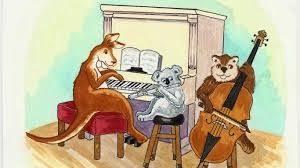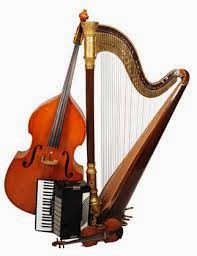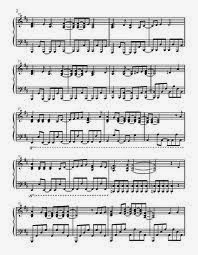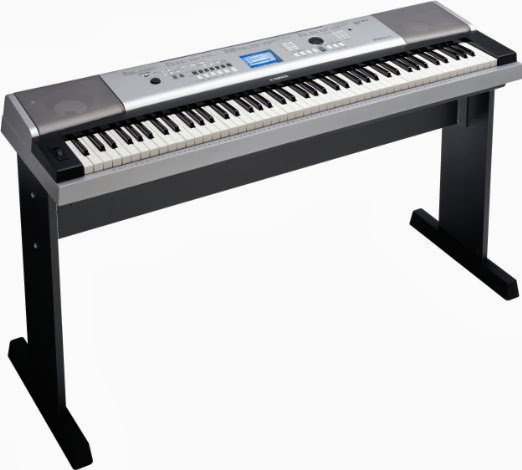MORE ABOUT PRACTISING
The way you practise must result in a strong lasting impression in your memory. If, whatever you practise and review, doesn't give this, then it will not help you much. It's like you study and study a subject before the exam but nothing stays in the mind. It has happened to all of us. If you forget your past, you will sure make the same mistakes again. It is the same in music practice.
Just like in other subjects, the pupil must learn, improve and remember what he/ she has learnt. It gets even better if the practising is enjoyable. Enjoying the process of learning, makes a big difference to the end result.
Practising, is best done daily.It's just like a daily exercise. Making up for the lost time hardly works. Practising for an hour instead of the daily half hour is certainly more stressful and tedious. Therefore, sitting down at the piano for an hour instead of the usual half hour, may not be effective. The pupil must be focused and prepared to do a bit of hard work which is mostly diligent repetition. And it is even better if he can enjoy it.
Well, some people will say if you are thinking of the time period of practice, then forget it. But for most of us, practising is a dreary exercise. Therefore, it is better to make some kind of a commitment than not at all.
Every now and then, our daily routine changes and everyday practice may not happen.
What should be done when daily routine brakes?
- Try every other day.
- Don't try to practise everything in one sitting; it becomes a tedious exercise.
- Hard and Easy way; one day have a really a hard, intense practise session and the next day an easy session. On the hard day: focus on weak parts or a new section or a piece that you have to learn. On the easy day: do some scales, pieces that you know already etc.
- Break into small sections and focus on a particular part that need to be improved.
The main thing is to practise daily, even if it is for a short time. It is much better to have daily maintenance than trying to do it all in a few days; it rarely works that way for a field that involves a practical aspect rather than a theoretical aspect. Same thing applies to keeping you room tidy!
What the pupil must realise is that it is better to have intense short practice sessions rather than sloppy long sessions.
Making it short and sweet is a sure way of getting good results.
Keep it slow and steady, for fast practising sessions takes you know where ( near the winning post).
The three main stages of learning music:
- Understanding
- Physical learning
- Feeding Emotion
2. But, however much you have understood the piece, it will not be helpful if you don't commit to the physical learning. Now that you have understood the piece, you must have the desire to learn it, an immense amount of patience, focus, determination and commitment to engage in the physical learning.
It is the physical learning that the first step to playing music.
3. The mind will understand the piece, but what your body can do about it comes after hours of practice. Once the physical ability to play is in place, it is time to set in emotions. Sad must sound sad and happy must sound happy! The dynamics and technique help enter emotions into a piece. More practice is necessary, for a piece to deeply set in one's memory and become a reflex. Then it helps to play by memory.
Watch this video for practising chords.
So what are your ideas about practising?
Your ideas are most welcome.
I am sure it will be useful for many.
In the next topic we will look at how to practise effectively.







No comments:
Post a Comment